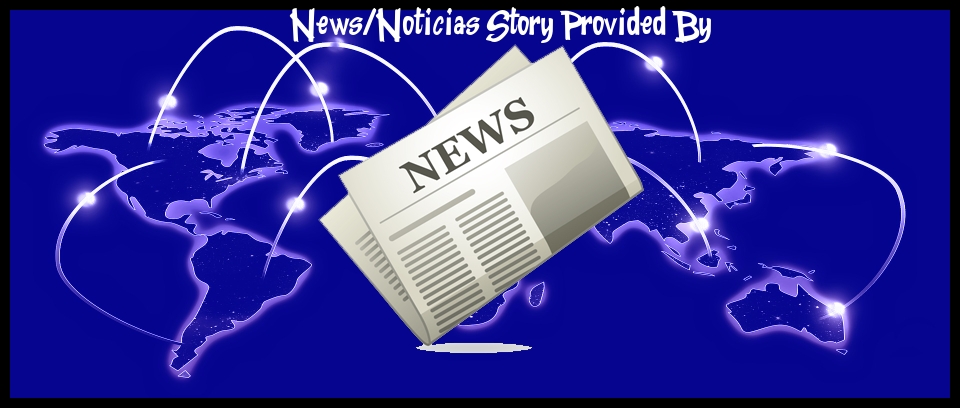Consumer News Cnn Online That Will Be $3 99
Search Related Content
Sorry, Your Requested Page Was Not Found. Greetings! We apologize for the inconvenience, but the page, Consumer News Cnn Online That Will Be $3 99 is no longer available. Please use our search box below to find related content and browse the list of related news stories. Depending on the topic, news articles are deleted 3-18 months after their creation date. We prefer to keep content fresh and current, rather than holding onto outdated news. Thanks for visiting today.Search RobinsPost News & Noticias
CNN All Access

With CNN All Access, the cable news titan makes its second leap from TV to the video streaming world. The network first attempted it in 2022 with CNN+, which lasted only a month. In comparison, CNN ... Read More
CNN Reveals Price, Launch Date for Major Streaming Service Bet

The premium subscription tier will include the base subscription tier, joined by "a selection of CNN’s live US and International programming" and library content. By Alex Weprin Senior Editor CNN has ... Read More
CNN's All-Access Subscription Tier Will Launch on October 28 at $6.99 Per Month

(Reuters) -CNN is taking another shot at streaming with a $6.99-a-month subscription service that will launch on October 28, three years after its parent Warner Bros Discovery pulled the plug on the ... Read More
CNN to Launch Streaming Subscription Tier for $6.99 Per Month

CNN is ready to enter the streaming era…again. The Warner Bros. Discovery-backed news outlet said it would launch a new “All Access” subscription product for $6.99 per month, or $69.99 per year, ... Read More
Apple News Loses CNN
American multinational news company CNN has abruptly pulled its content from Apple News, Semafor reports. CNN quietly removed its stories from Apple News over the weekend and there is no longer a feed ... Read More
CNN’s Subscription Service To Launch October 28 At $6.99 Per Month

CNN is making another go of it with a subscription service, announcing an Oct. 28 launch for its “all access” service at a price of $6.99 per month. Subscribers will have access to live and on demand ... Read More
Blow Us A Whistle

Comments (Whistles) Designed By Disqus

